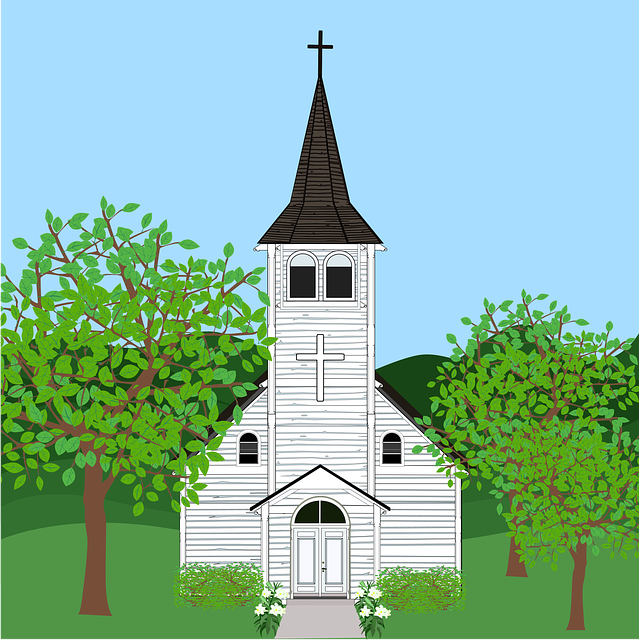
We hear that word so often—in our church name, our traditions, even our identity—but how often do we pause to reflect on what it meant then, and what it can still mean today?
In the early 1700s, John Wesley and his brother Charles never set out to start a new denomination. They simply longed to follow Jesus more deeply. With a few other students at Oxford, they began to organize their spiritual lives with great care. They prayed at set hours, read Scripture daily, fasted regularly, visited the sick and poor, and met weekly to ask one another, “How is it with your soul?” They weren’t trying to be impressive. They were just hungry for more of God. Because of their fervor and practices others mocked them for being so methodical, calling them “Methodists”—but the name stuck. And the Spirit moved.
Being Methodist, then and now, has never just been about belief. It’s about the way we live out our faith— together. It’s about inten-tionally structuring our lives around grace, accountability, service, and the pursuit of holiness, not as a performance, but as a response to God’s overwhelming love.
John Wesley once wrote, “I am not afraid that the people called Methodists should ever cease to exist. But I am afraid lest they should only exist as a dead sect, having the form of religion without the power.” He wasn’t worried about whether the institution would survive. He was worried we’d keep the name but lose the fire—that we’d go through the motions without opening our hearts to the trans-forming power of the Holy Spirit. And that’s a fear still worth wrestling with today. We live in a world filled with noise, busyness and distraction. It’s easy to drift into comfortable rhythms that look religious on the outside but feel hollow on the inside. But our Methodist tradition offers us something real, some-thing rooted, something that still has the power to change us. When we gather to pray, when we open Scripture with expectation, when we serve those in need, when we come to the Table hungry for grace, when we check in on one another’s souls—not just out of habit, but out of love—we are stepping back into the heart of what it means to be Methodist.
This isn’t about nostalgia or rules. It’s about intentionally creating space for God to shape us into people who look more like Jesus—people whose faith is not just proclaimed but practiced.
So here’s the invitation: Let’s lean into our tradition—not to preserve the past, but to be renewed for the future. Let’s be Methodists not just in name, but in spirit, in community, and in daily life. Let’s choose a life marked by prayer, grace, and love poured out in action.
Not just on Sundays.
But every day.
With grace and hope,
Pastor Jon

